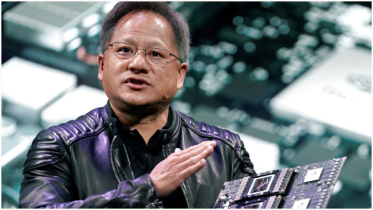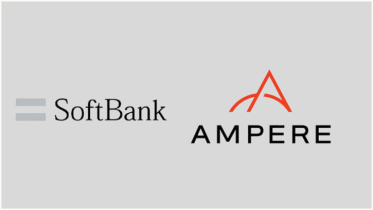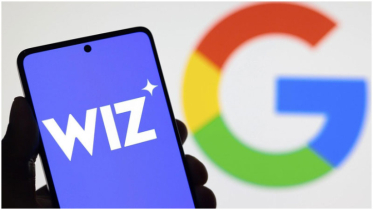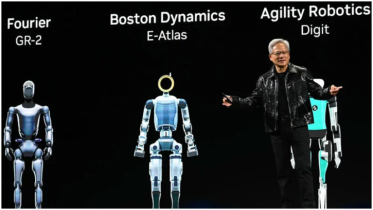British AI pioneer Suleyman joins Microsoft
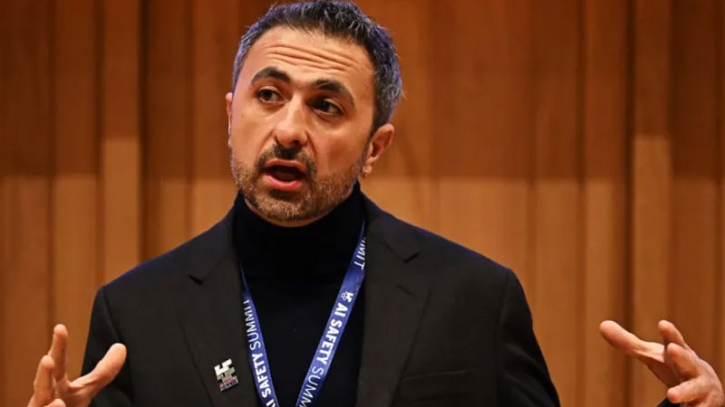
Microsoft has announced British Artificial Intelligence (AI) pioneer Mustafa Suleyman will lead its newly-formed division, Microsoft AI.
Mr Suleyman currently heads start-up Inflection AI, but is best known for co-founding AI firm DeepMind.
It was one of the UK's best known AI firms and was bought by Google in 2014.
Mr Suleyman's move cements Microsoft's reputation as a leader in AI, a field in which Google is appearing to struggle.
In a post on X, formerly Twitter, Mr Suleyman said he was "excited" to take up his new position, adding that he would be taking several colleagues to Microsoft with him, including "friend and long time collaborator" Karén Simonyan as chief scientist.
He said he would be "leading all consumer AI products and research", including the Copilot chatbot, Bing and Edge.
Microsoft boss Satya Nadella described Mr Suleyman as a "visionary, product maker, and builder of pioneering teams that go after bold missions".
"I am excited for them to contribute their knowledge, talent, and expertise to our consumer AI research and product making," he added.
After leaving Google in 2022, Mr Suleyman co-founded Inflection AI, which has emerged as one of the most high-flying names in the generative AI race after raising $1.3bn from Microsoft and Nvidia last June.
But taking up his latest position at Microsoft cements his respect in the field.
Microsoft has invested billions into its partnership with ChatGPT-maker OpenAI and recently in the French tech start-up Mistral AI.
Microsoft said it would continue to build AI infrastructure and work in support of OpenAI's "foundation model roadmap".
It is a different picture at Google currently though. There have been a number of issues around the tech giant's new AI-powered tool, Gemini, which refused to depict white people and changed the race of certain white historical figures.
Google has apologised for "inaccuracies in some historical image generation depictions", saying its attempts at creating a "wide range" of results missed the mark.
.png)

